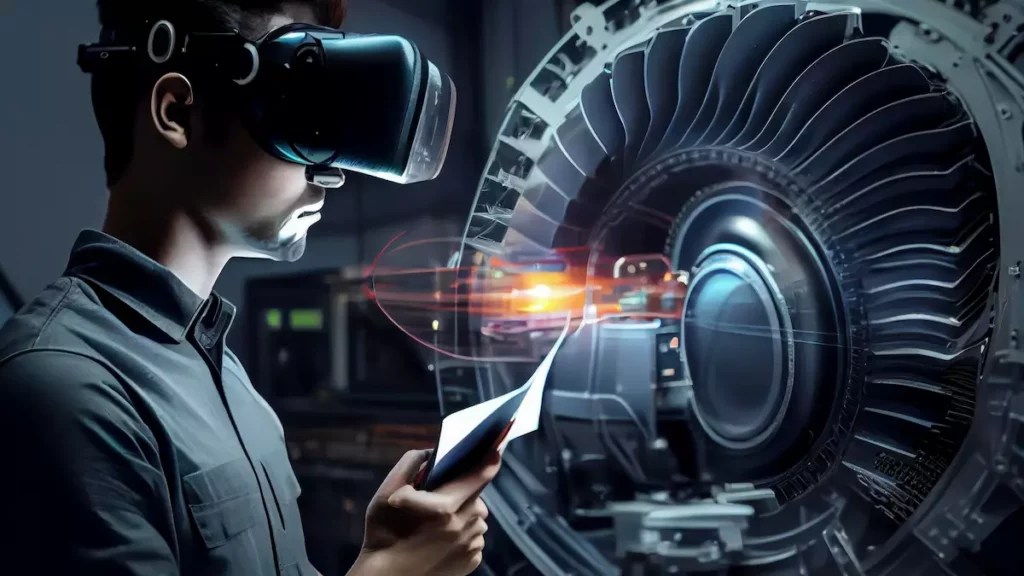The industrial metaverse is revolutionizing various industries, including car manufacturing. With a projected growth rate of 25.3% from 2023 to 2033, the Industrial Metaverse Market is forecasted to reach a staggering US$ 765.8 billion by 2033. This technology, which combines virtual reality (VR), augmented reality (AR), and mixed reality (MR), has the potential to accelerate product design, testing, and development cycles in the automotive industry. By leveraging virtual prototyping, manufacturers can iterate designs rapidly and improve efficiency, ultimately reducing costs.
One of the key benefits of the industrial metaverse in the automotive industry is its ability to enable virtual prototyping. This digital tool allows manufacturers to create and adjust virtual models of cars before they are physically produced. The speed at which designs can be tested and modified significantly increases, eliminating the need for constructing multiple physical models. This shift streamlines the car design process and enhances overall efficiency.
In addition to design, the industrial metaverse plays a crucial role in testing the performance of car parts. Engineers can now run simulations on various components, from engines to the framework, in a digital space. This method saves time and money while promising better quality and more reliable vehicle parts. By identifying potential issues and optimizing performance virtually, manufacturers can refine their products before their physical production, leading to higher customer satisfaction.
Optimizing Assembly Line Efficiency
The impact of the industrial metaverse extends beyond design and testing; it also enhances the efficiency of the car manufacturing assembly line. By using virtual simulations and real-time optimizations, manufacturers can fine-tune operations and improve overall productivity. This technology enables organizations to identify bottlenecks, optimize workflows, and streamline processes to ensure smoother and more efficient production. With the industrial metaverse, car manufacturers can meet the growing demand for vehicles while maintaining high quality standards.
The adoption of the industrial metaverse in the automotive industry signals a broader shift towards more innovative and sustainable practices. By transferring traditionally physical activities into virtual environments, organizations can reduce their ecological footprint and operate in a more sustainable manner. The integration of advanced digital platforms, such as VR, AR, and MR, enables collaboration between global stakeholders without geographic constraints. Real-time interaction and virtual communication allow teams to create, test, and improve product designs without the need for physical meetings, leading to a more efficient and productive workflow.
A Necessity for Remaining Competitive
The global market’s growing acceptance of the industrial metaverse highlights its potential to revolutionize industries. As organizations strive to stay competitive in a changing landscape, the use of the industrial metaverse becomes essential rather than optional. Car manufacturers, in particular, should embrace this technology to remain at the forefront of innovation and efficiency. By integrating the industrial metaverse into their operations, automotive companies can accelerate product development, reduce costs, and enhance overall customer experiences.
As the industrial metaverse market continues to grow at an impressive rate, its transformative potential becomes increasingly evident. In sectors like car manufacturing, this technology is driving a new era of innovation and efficiency. By leveraging virtual prototyping, enhancing testing and quality assurance, optimizing assembly line efficiency, and transforming industrial processes, the industrial metaverse is becoming an indispensable tool for organizations seeking to thrive in a rapidly changing landscape. Embracing the industrial metaverse enables car manufacturers to stay competitive, meet customer demands, and shape the future of the automotive industry.


















Leave a Reply